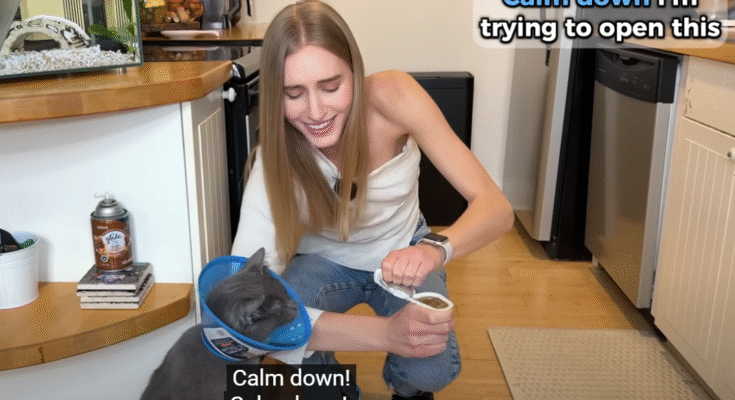English is a beautiful, flexible language, but one of the trickiest parts for learners is phrasal verbs. These little combinations of verbs and prepositions or adverbs often have meanings that are not obvious from the individual words themselves. If you want to sound natural and fluent, understanding the most common phrasal verbs is essential.
Let’s dive deep into the world of phrasal verbs, exploring their meanings, examples, and why they are so important for mastering English.

What Are Phrasal Verbs?
A phrasal verb is a phrase that consists of a verb combined with a preposition, an adverb, or both. Together, they create a meaning that is different from the original verb alone.
For example:
- “Give up” means “to quit,” which is different from just “give.”
- “Look after” means “to take care of,” not just “look.”
Phrasal verbs are incredibly common in spoken and informal English. Native speakers use them all the time without even thinking, which means if you want to understand and participate in conversations, you need to know them too!

Why Are Phrasal Verbs Important?
- Natural Speech: Native speakers use phrasal verbs constantly.
- Fluency: Using them correctly makes your English sound smooth and natural.
- Comprehension: Understanding movies, songs, podcasts, and conversations becomes much easier.
20 Most Common Phrasal Verbs
Here’s a list of some of the most common phrasal verbs you will encounter, along with their meanings and examples.
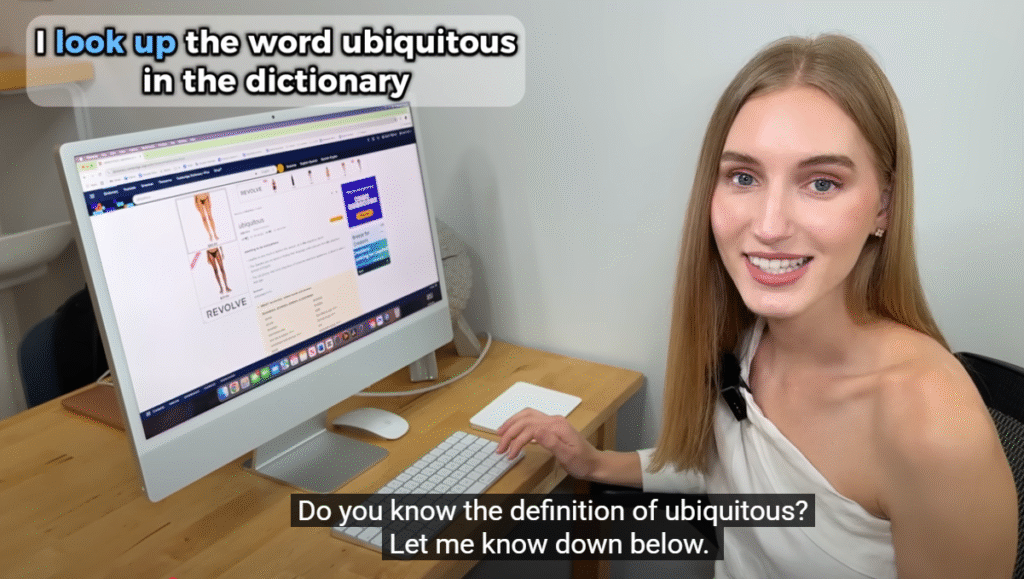
1. Wake up
- Meaning: Stop sleeping.
- Example: I usually wake up at 7 a.m.
2. Turn on / Turn off
- Meaning: Start or stop a machine or light.
- Example: Please turn off the lights before you leave.
3. Get up
- Meaning: Rise from bed or a seated position.
- Example: He gets up early every morning.
4. Give up
- Meaning: Quit or stop trying.
- Example: Never give up on your dreams.

5. Look for
- Meaning: Try to find something.
- Example: I’m looking for my glasses.
6. Run out of
- Meaning: Have no more left.
- Example: We ran out of sugar, can you buy some?
7. Find out
- Meaning: Discover information.
- Example: I found out that he’s moving to Spain.
8. Come back
- Meaning: Return to a place.
- Example: She came back from her trip yesterday.
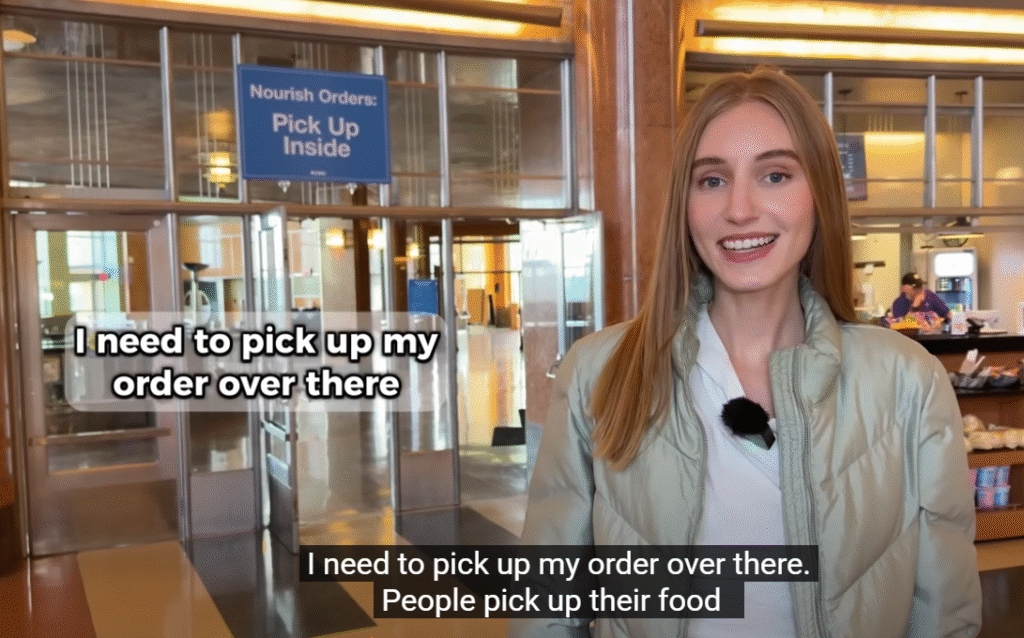
9. Put on / Take off
- Meaning:
- Put on: Dress oneself with clothing or accessories.
- Take off: Remove clothing or accessories.
- Example: He put on his jacket and left.
She took off her shoes at the door.
10. Break down
- Meaning: Stop working (for machines) or become very emotional.
- Example: My car broke down on the highway.
11. Go on
- Meaning: Continue.
- Example: The show must go on!
12. Pick up
- Meaning: Lift something or collect someone.
- Example: Can you pick up the kids from school?
13. Set up
- Meaning: Arrange or organize something.
- Example: We need to set up the meeting room before the conference.
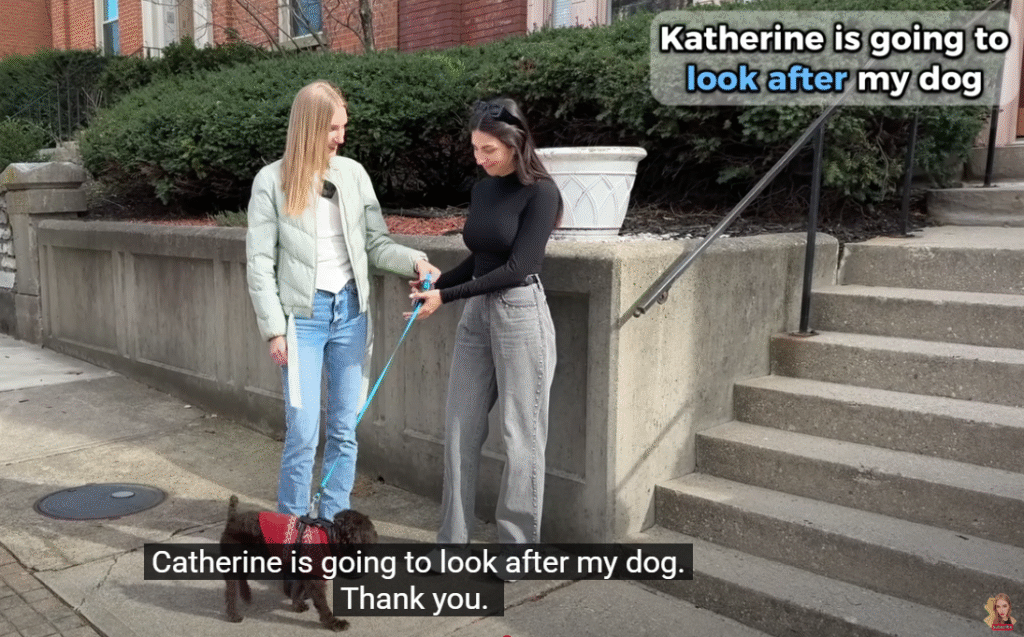
14. Calm down
- Meaning: Relax after being angry or upset.
- Example: Please calm down and explain what happened.
15. Carry on
- Meaning: Continue doing something.
- Example: Even after the interruption, she carried on with her speech.
16. Look after
- Meaning: Take care of someone or something.
- Example: Can you look after my cat while I’m away?
17. Hang out
- Meaning: Spend time relaxing or socializing.
- Example: We love to hang out at the coffee shop.
18. Show up
- Meaning: Arrive or appear at a place.
- Example: He showed up late to the meeting.
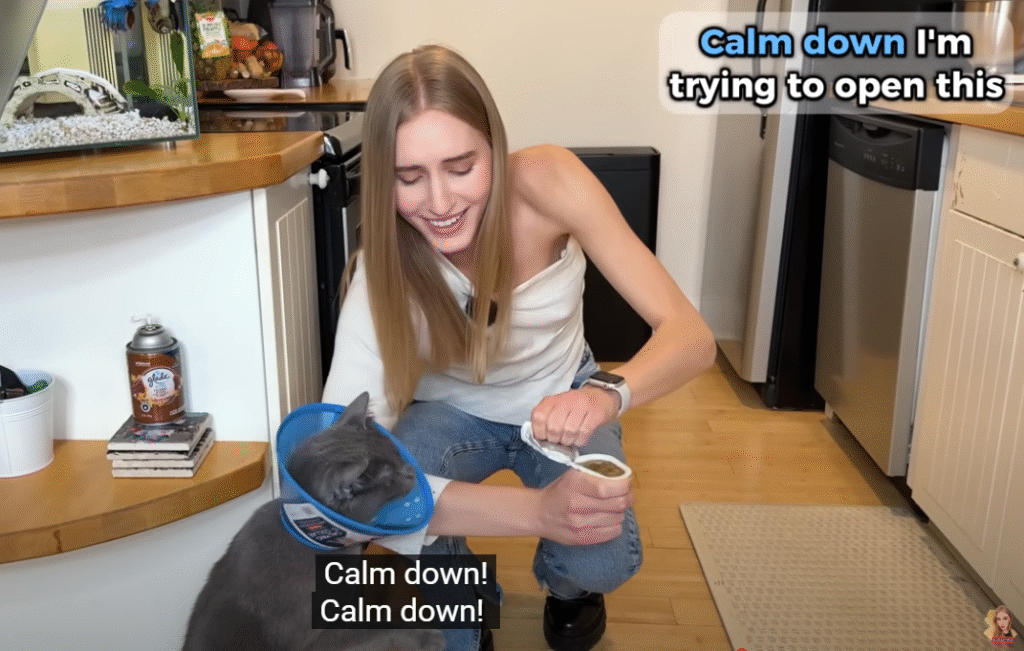
19. Turn up / Turn down
- Meaning:
- Turn up: Increase volume or intensity.
- Turn down: Decrease volume or reject something.
- Example: Turn up the radio!
She turned down the job offer.
20. Figure out
- Meaning: Understand or solve something.
- Example: I finally figured out how to fix the printer.
